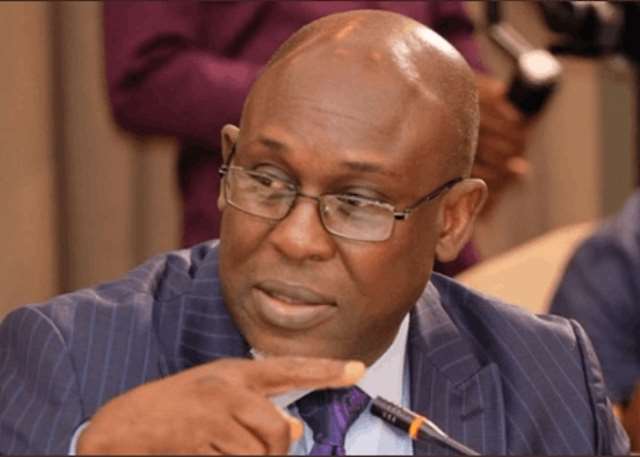Kofi Bentil, a respected legal practitioner and Vice President of IMANI Africa, a policy think tank, has expressed significant reservations regarding the feasibility of the Ghanaian government’s flagship 24-hour economy initiative. While wishing the program success, Bentil’s skepticism stems from concerns about the government’s capacity to finance and sustain such an ambitious undertaking. He publicly questioned the initiative’s financial viability and demanded a more transparent roadmap outlining the funding sources, projected returns, and concrete deliverables. Bentil’s critique resonates with growing calls for government accountability and measurable outcomes, urging a shift from campaign rhetoric to pragmatic governance. He argued that without clear financial justifications and demonstrable benefits, the 24-hour economy risks becoming another well-intentioned but ultimately ineffective policy.
The 24-hour economy, a central plank of the ruling party’s 2024 election campaign, aims to boost economic activity and job creation across twelve key sectors. The program’s proponents, including Trade and Industry Minister Kobina Tahir Hammond, emphasize the need for increased capacity utilization, high-quality products, competitive pricing, and export-oriented growth. However, Bentil challenges these assertions, questioning whether Ghana currently possesses the necessary infrastructure, product quality, and competitive pricing to support a 24-hour economic model. He also raises concerns about the estimated $6 billion cost, equivalent to $1.7 billion annually for the remaining years of the current presidential term, querying whether such expenditure represents the best use of public funds, especially considering the possibility of borrowing to finance the initiative.
Bentil’s core argument centers on the need for tangible deliverables and a clear economic rationale for the substantial investment. He insists that the government must articulate the expected returns in concrete terms, demonstrating a clear link between expenditure and economic benefits. Without this transparency, he argues, the 24-hour economy risks becoming another example of wasteful spending, potentially leading to future investigations into misappropriated funds. Bentil’s concerns reflect a broader unease about the lack of detailed planning and financial accountability surrounding the initiative.
The NDC’s 24-hour economy policy intends to revitalize the Ghanaian economy by enhancing productivity and employment within twelve priority sectors: Agro-Processing, Manufacturing, Pharmaceuticals, Construction, Financial Services, Extractive industries, Sanitation and Waste Management, Hospitality Industry, Retail Centres, Transportation Services, Health Services, and Security Services. The policy focuses on stabilizing the macroeconomic environment, developing infrastructure, and stimulating productivity through targeted incentives. This includes promoting locally made goods, supporting exporters, offering time-of-use electricity tariffs, expanding access to financing, enacting relevant legislation, and integrating local economic development. The NDC projects that these initiatives will create over 1.7 million jobs.
The plan hinges on five key elements: First, incentivizing productivity through measures like promoting locally made goods and services, supporting exporters, and implementing time-of-use electricity tariffs to reduce operational costs for participating businesses. Second, creating an enabling legal and regulatory environment through legislation that supports shift work, consumer protection, and fair competition. Third, linking the policy to local economic development by establishing criteria for municipal participation, updating spatial planning guidelines, and empowering local authorities to develop and implement 24-hour economy plans. Fourth, clearing backlogs in public service delivery by extending working hours and digital service channels for high-demand services like licensing, registration, tax filing, passport acquisition, and land registration. Fifth, ensuring security and public safety by enhancing police visibility, implementing community crime prevention programs, collaborating with the private sector on security plans, and resuming the universal street lighting program.
The debate surrounding the 24-hour economy highlights the tension between ambitious policy goals and the practical realities of implementation. While the government emphasizes the potential for economic growth and job creation, critics like Bentil demand greater transparency, accountability, and a more concrete demonstration of how the substantial investment will translate into tangible benefits. The success of the 24-hour economy ultimately depends on the government’s ability to address these concerns and provide a convincing case for its feasibility and economic viability. Without a clear roadmap and demonstrable returns, the initiative risks becoming another example of a politically appealing policy that falls short of its promised impact.














